On July 2nd, we celebrated the 20th anniversary of Before Sunset (some of us did, anyway!), the second installment in Richard Linklater’s Before trilogy, which essentially birthed the walk-and-talk genre in romance movies. The three movies essentially track the lives of two individuals, Jesse and Celine, every nine years, from their first encounter.
For many hopeless romantics, Before Sunrise brings to life their wildest fantasy: meeting someone on a train, clicking instantly, then spontaneously spending a romantic day in Vienna together. In stark contrast, the final movie in the trilogy, Before Midnight, reveals the often unspoken realities of love: the frustration of clashing opinions in a marriage, and how old habits could evolve into bad ones. There is a big shift in the tone over their relationship over that eighteen year period, and Before Sunset is a sequel that masterfully bridges the two movies.
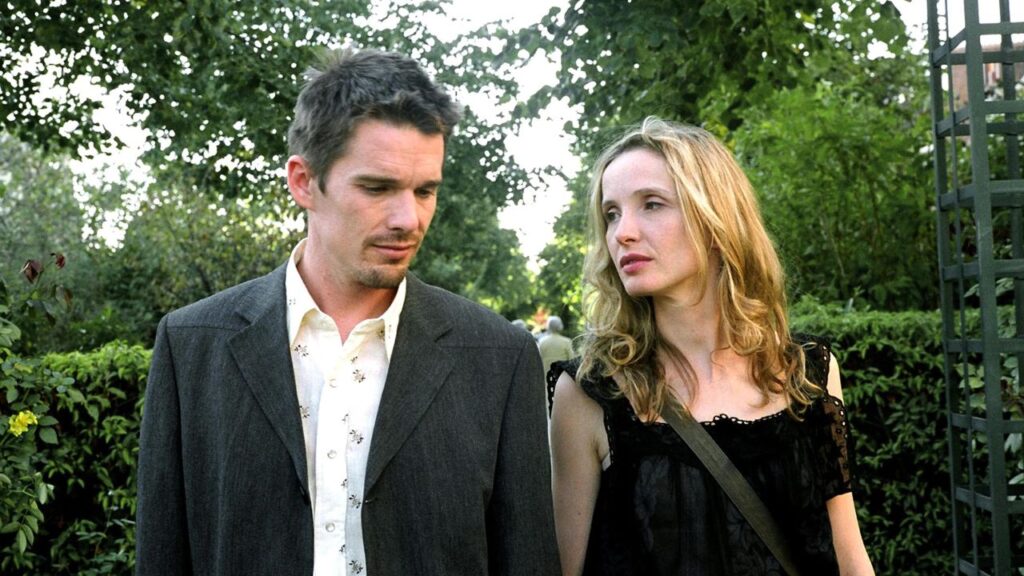
In Before Sunrise, Jesse and Celine promised to meet each other six months after their time in Vienna. But as we learn in Before Sunset, that reunion didn’t happen. Jesse showed up, but Celine couldn’t because of her grandmother’s passing. Nine years later, he’s on his book tour in Paris for the novel he wrote based on their time together, and Celine appears at his signing. With less than two hours before his flight, the two decide to catch up while walking through the streets of Paris. Their conversations remain colorful and intellectually stimulating, but their thoughts and ideas seem more grounded. This maturity is what distinguishes Before Sunset from the first film and is what makes this sequel so exceptional.
When we first meet Jesse and Celine in Before Sunrise, they’re in their early twenties, carefree, and brimming with hope for the future. They operate in an enviable spontaneity while experiencing, in just a few hours, the most romantic of romantic things. It’s almost like they aren’t real people, but characters from a dream. In the sequel, however, they’re in their thirties, and have evolved into much different versions of themselves. Jesse, once cynical, is now surprisingly more optimistic. Celine, previously a hopeless romantic, now cries about not wanting to romanticize everything anymore. They’re people who have finally faced reality head-on, even calling out their past selves for being foolish enough to rely on fate and not do the sensible thing of just exchanging phone numbers.
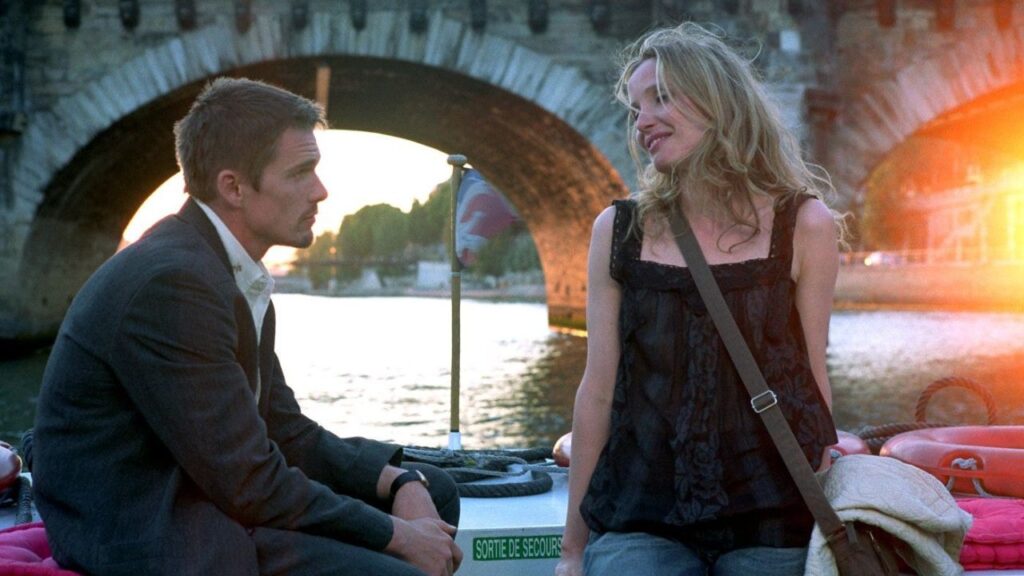
Throughout the film, they unconsciously share their grief over all the losses in their lives. Jesse and Celine are no longer just these dreamlike characters we first knew but have become reflections of ourselves as we pass through life. They grapple with the loss of youth, direction in life, and their perception towards love; succumbing to the reality they once defied.
Most importantly, they grieve the loss of everything that could’ve happened between them. They spend half of the film pondering what might have been if they’d met up in Vienna that December, and the other half convincing themselves that the outcome might have been disappointing. The movie gradually introduces a newfound relatability for audiences, one that’s woven into the trilogy with a whimsical and magical touch that remains comforting.
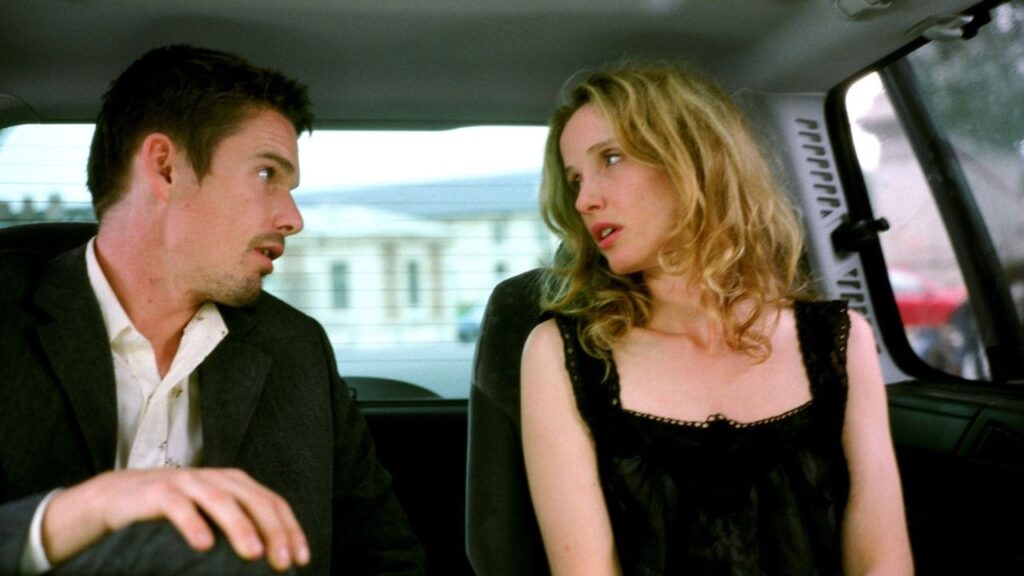
Before Sunset also prepares us for the married-with-kids, even more worn-out-by-life version of Jesse and Celine we’ll meet in Before Midnight. Their conversations in their forties enter a new territory where audiences must constantly figure out if they’re being passive-aggressive or still being charmingly argumentative. There are moments in Before Sunset that very gently lay the foundation for the arguments that will arise during their rocky marriage.
One of the most iconic sequences in Before Sunset takes place when Celine sings Jesse the song she wrote that was inspired by their night in Vienna. He immediately falls in love again. But as we watch the third film, during a heated argument, he reflects on this moment with the line, “I fucked up my whole life because of the way you sing.” Suddenly, those tender moments in the past take on a completely new and sad meaning. This shift underscores the inevitable changes in their relationship, delivering a huge punch to the gut upon rewatch. Revisiting Before Sunset becomes a bittersweet experience, as it reveals how something that once ignited love can slowly become a source of regret.
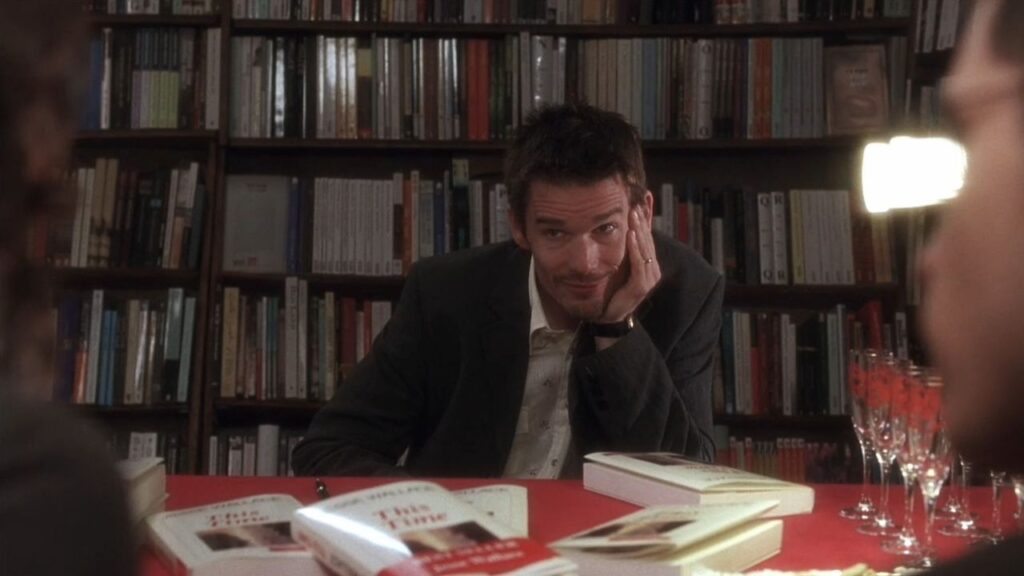
Of course Jesse and Celine in Paris, in 2003, can’t foresee how their relationship will evolve. But by the film’s end, they’re aware that their words and ideas might occasionally clash, and there’s a possibility they might only be best suited for brief encounters. Not only are we reconciling the fact that Jesse and Celine are no longer our manic pixie dream characters, the both of them are also discovering that from one another.
And yet, they are ultimately willing to accept it. The film concludes with Celine dancing to Just In Time by Nina Simone while Jesse watches her in awe. She does a pretty spot-on impression of Nina Simone and points at him, saying, “Baby, you’re going to miss that plane.” Jesse smiles and replies, “I know.” In that moment, they let go of their worries for the future, and their past regrets, finding solace in their present. They’re just in time to be with one another, with this more grounded and real version of themselves.
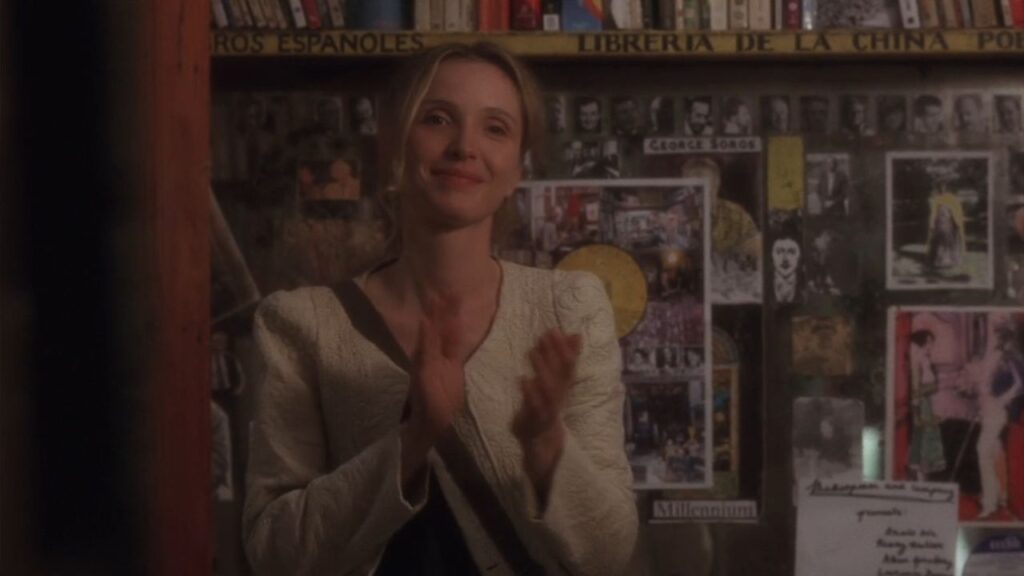
What makes Before Sunset such a standout sequel lies in its remarkable ability to make the trilogy feel complete. It introduces Jesse and Celine as legitimate grown-ups while preserving the enchanting allure from Before Sunrise. At the same time, it readies us mentally for the changing dynamics of their relationship, which will only continue to shift in Before Midnight.
This film is the perfect blend of the essence of the other two, illustrating that romance is like a coin toss – unpredictable, yet perhaps worth the gamble. It’s also always going to be a little hopeful, and a little hopeless, but we wouldn’t have it any other way.

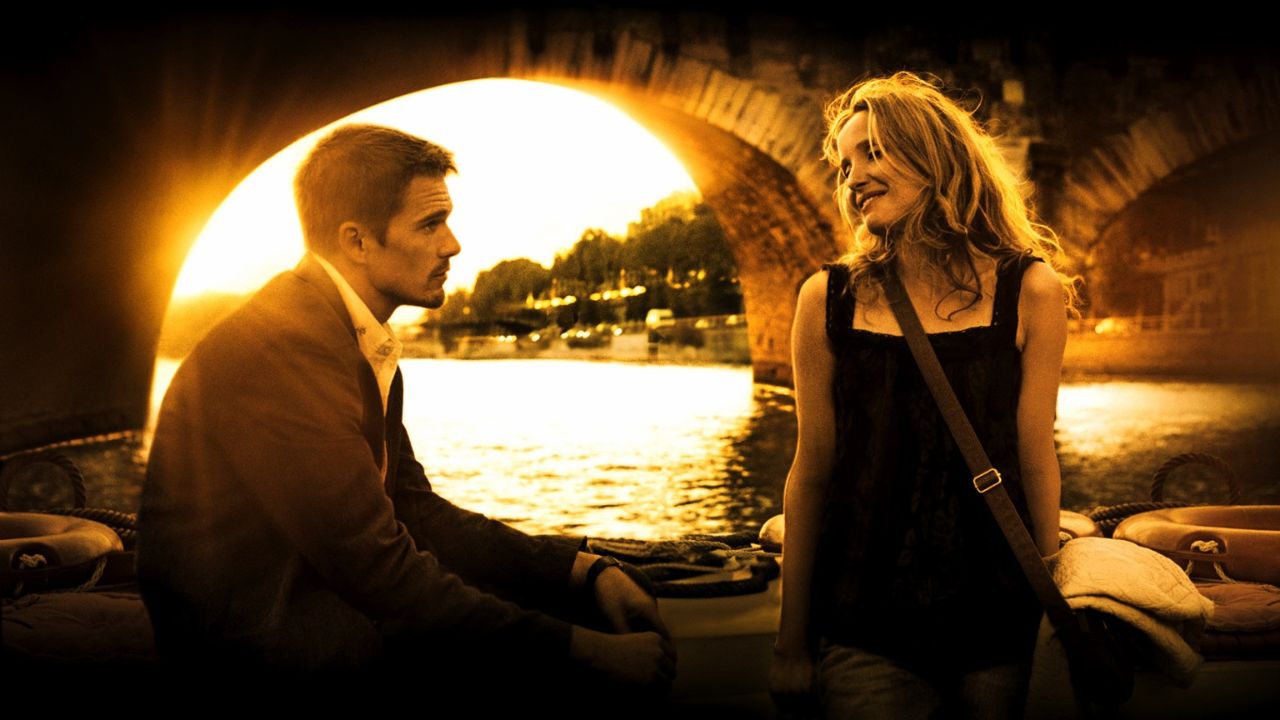
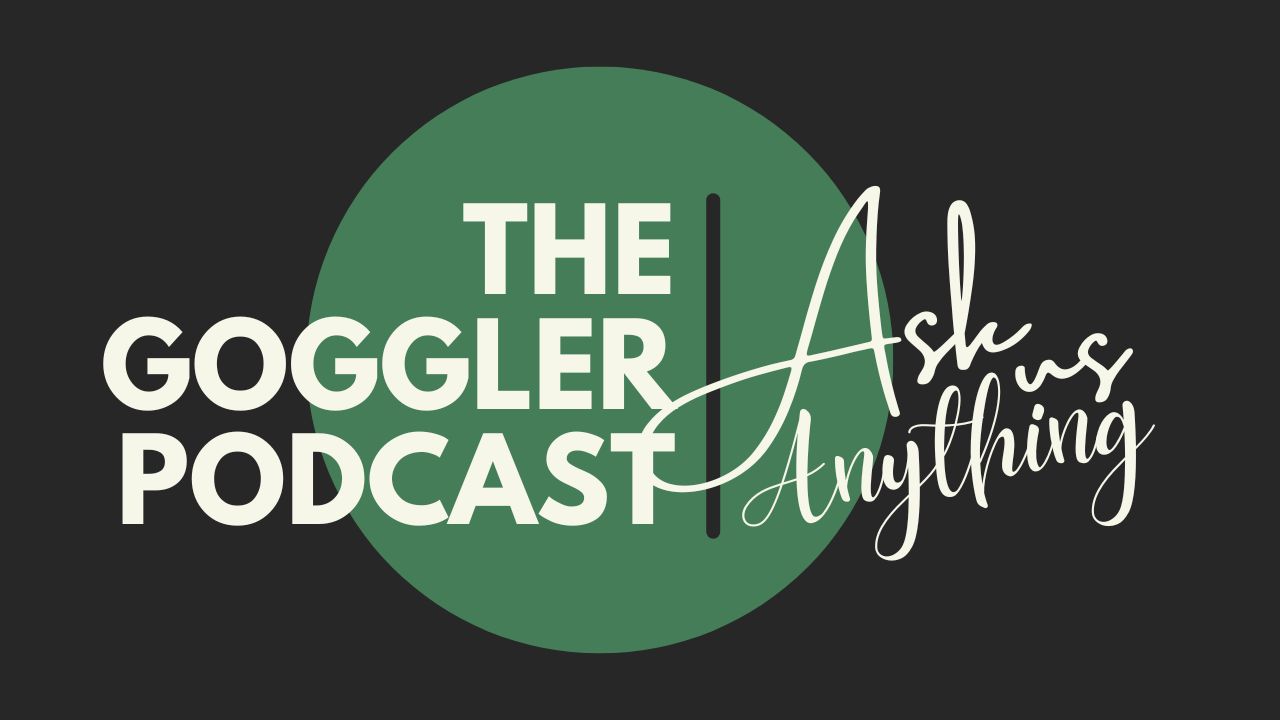
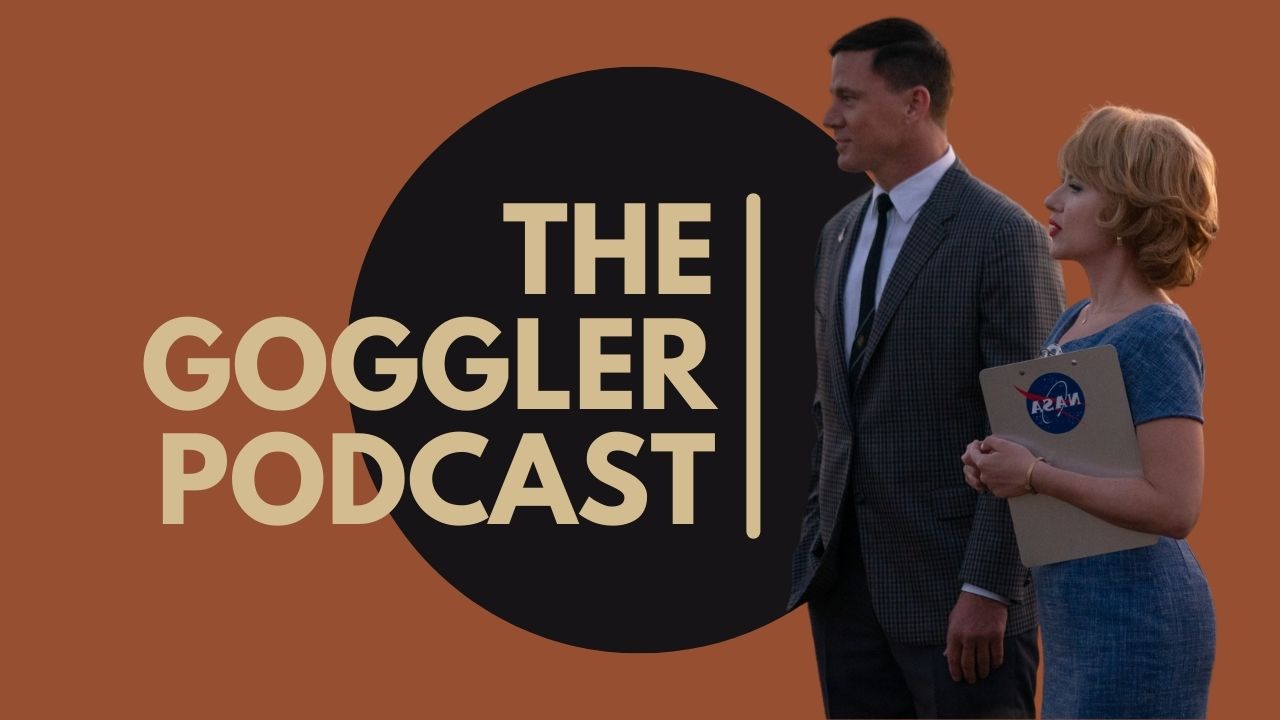
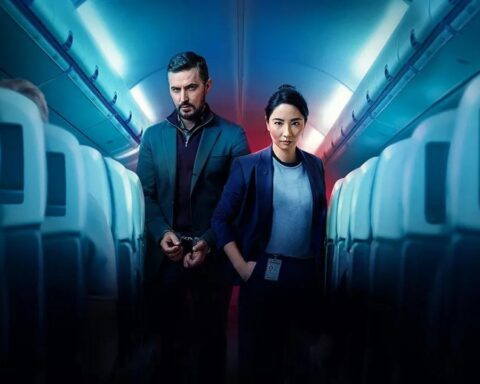
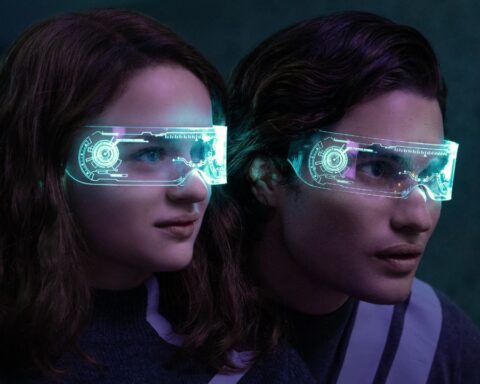


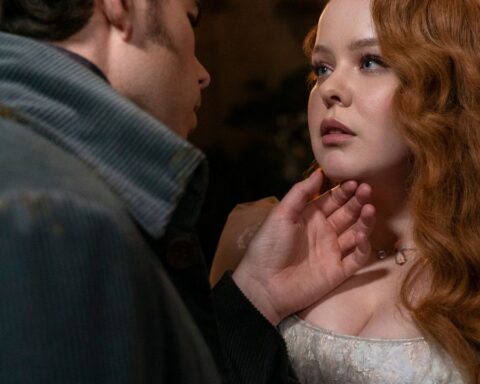
Follow Us